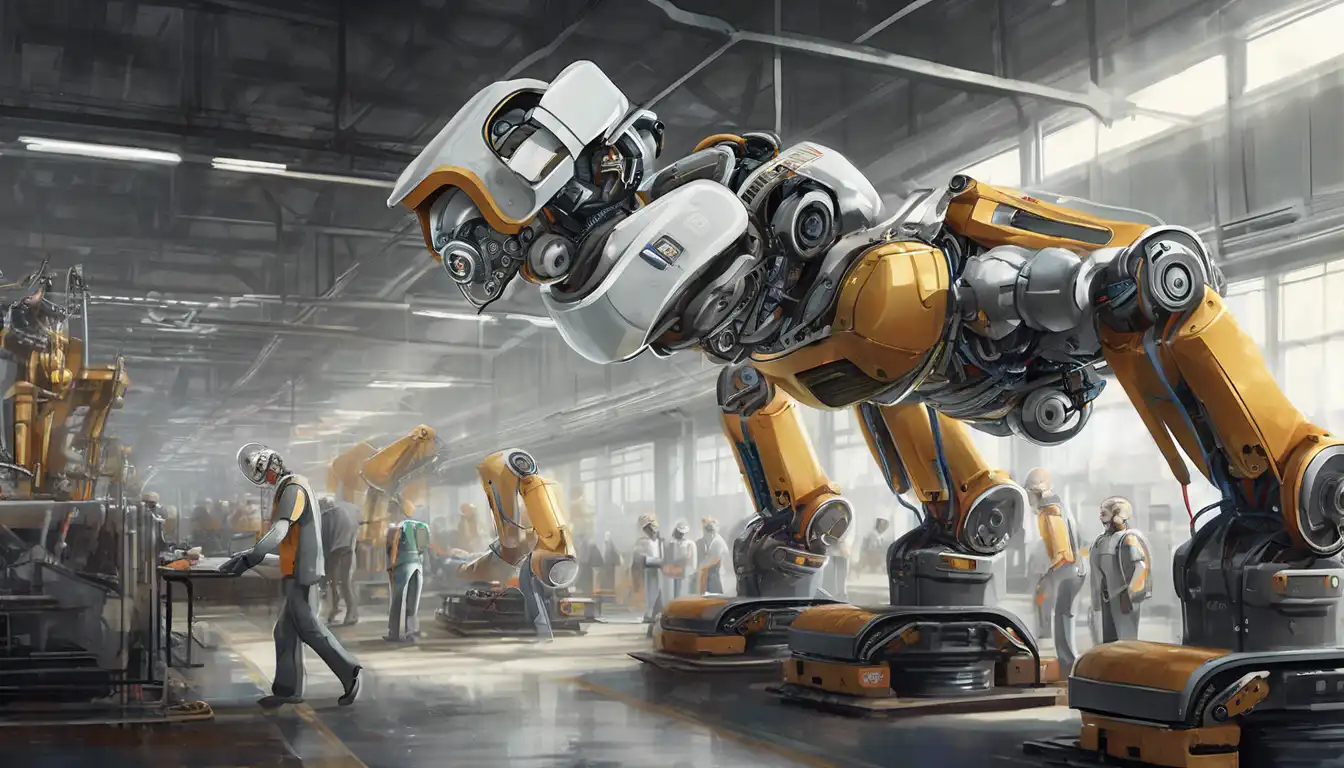The Revolutionary Impact of Robotics on Modern Manufacturing
In the ever-evolving landscape of manufacturing, robotics has emerged as a game-changer, revolutionizing how products are designed, produced, and delivered. This transformation is not just about automating repetitive tasks but about redefining efficiency, precision, and scalability in manufacturing processes.
Enhancing Efficiency and Productivity
Robotic systems are designed to operate around the clock without fatigue, significantly boosting productivity. By integrating robotics into manufacturing lines, companies can achieve faster production rates while maintaining high-quality standards. This leap in efficiency is crucial for meeting the growing consumer demand and staying competitive in the global market.
Improving Precision and Quality
One of the most notable advantages of robotics in manufacturing is the unparalleled precision they offer. Robots can perform intricate tasks with consistent accuracy, reducing the margin of error and minimizing waste. This level of precision ensures that every product meets stringent quality criteria, enhancing customer satisfaction and brand reputation.
Scalability and Flexibility
Robotics provides manufacturers with the flexibility to scale operations up or down based on demand. Advanced robotic systems can be reprogrammed and adapted to new tasks, allowing for a swift response to market changes. This adaptability is essential for manufacturers looking to explore new product lines or enter different markets.
Reducing Operational Costs
While the initial investment in robotics may be significant, the long-term savings are substantial. Robots reduce labor costs, minimize material waste, and decrease the likelihood of costly errors. Over time, these savings can offset the upfront costs, making robotics a financially viable solution for manufacturers of all sizes.
Ensuring Worker Safety
Robotics also plays a pivotal role in enhancing workplace safety. By taking over dangerous or physically demanding tasks, robots help reduce the risk of injuries and accidents. This not only protects employees but also reduces liability and insurance costs for manufacturers.
The Future of Manufacturing
As technology continues to advance, the role of robotics in manufacturing is set to grow even further. Innovations such as artificial intelligence and machine learning are making robots smarter and more autonomous, opening up new possibilities for efficiency and customization. The future of manufacturing lies in the seamless integration of human and robotic capabilities, creating a more productive, safe, and innovative industry.
For more insights into how technology is shaping the future of industries, explore our technology trends section.
